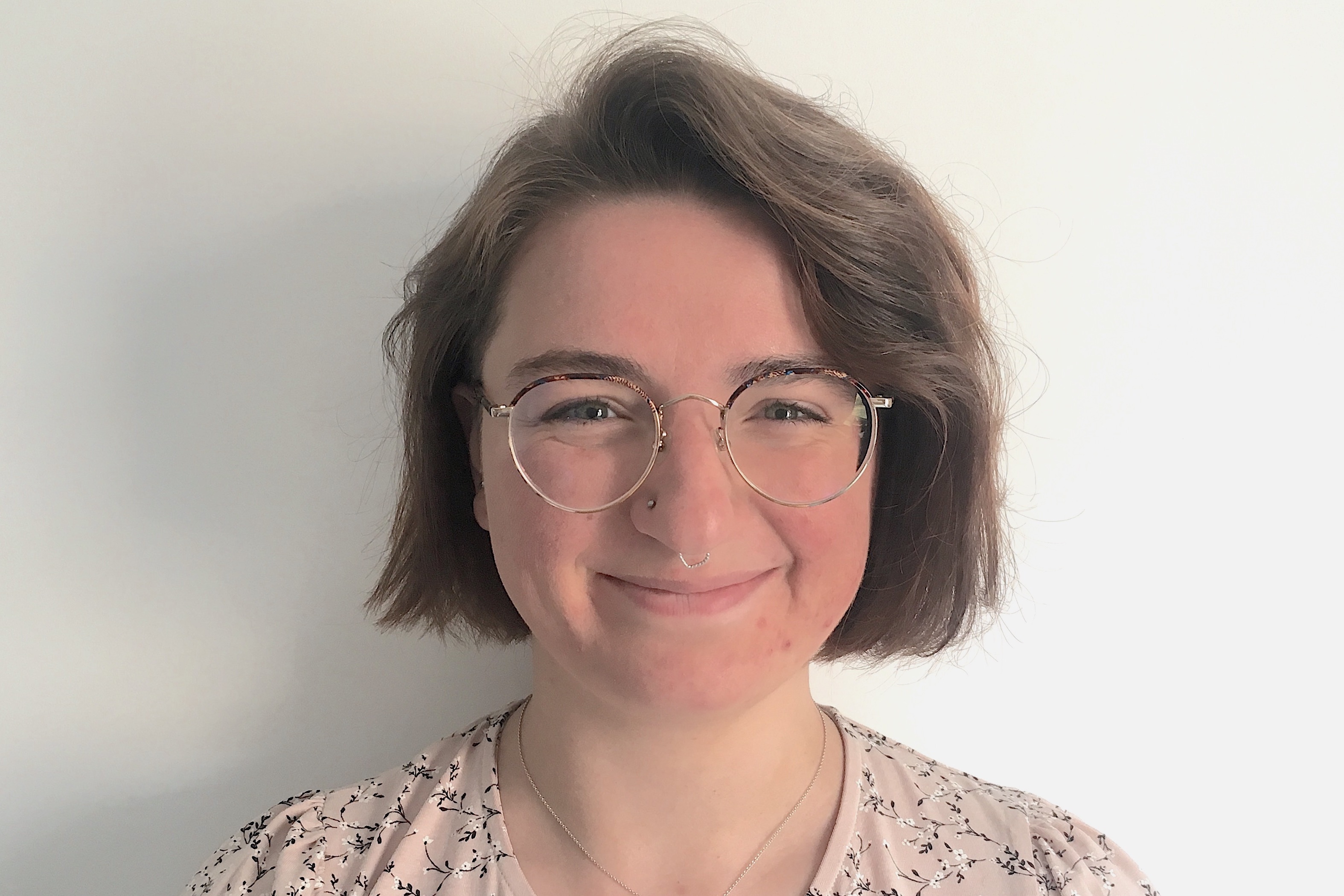Courtney Nicole Reed

Tell us how you got into Electronic Engineering and Computer Science?
During my undergraduate programme, I studied music technology in addition to more traditional vocal performance. I became really interested in digital audio and sound design and worked for a while in the video game industry as well as a freelance sound designer for digital instrument libraries, in films, and in art installations. I began to teach myself some methods of audio programming through these jobs and started working backwards from this niche application to broader computer science topics which have musical relevance, such as app development, digital signal processing, and procedural programming.
What brought you to Queen Mary?
I had previously lived abroad and loved the experience, so I decided that, if I were going to get my MSc, I would go abroad to do so. In my process of searching for a university outside of the US (where I'm originally from) with a well-known and highly-respected Computer Science programme, I ALSO found that QMUL was home to the Centre for Digital Music and has many exceptional audio and music related programmes and courses, so I felt I would fit in very well. Apparently, I fit in so well that I am still here, about halfway through my PhD, and feel that I have found a home-away-from-home in London and in EECS.
What’s the best thing about your work?
The people I work with are the best part of my work by far. I am completely ecstatic that I get to work on this very interdisciplinary project, and the people in my lab are the most inspirational bunch I've ever met by far. They are very supportive, and I have had so many opportunities to extend my work not only through academia, but also to reach out into the community for performances, workshop leadership, and other creative and artistic roles. I always look forward to our weekly meetings and the collaboration and fun we have together. I am so lucky to be around others who constantly look to build each other up and do increasingly impactful (and super awesome) projects together - all my love to the AIL.
When not at EECS, what are your interests?
I am also a professional musician - I have been trained in the Italian and German styles of opera as a mezzo soprano and regularly perform with the London Philharmonic, several chamber choirs, and as a soloist in London. I also play French horn - not very well, but I love it! I also enjoy cycling, playing video games, travelling (under non-COVID circumstances of course), drinking lots and lots of coffee, and bothering my cat, Marble.